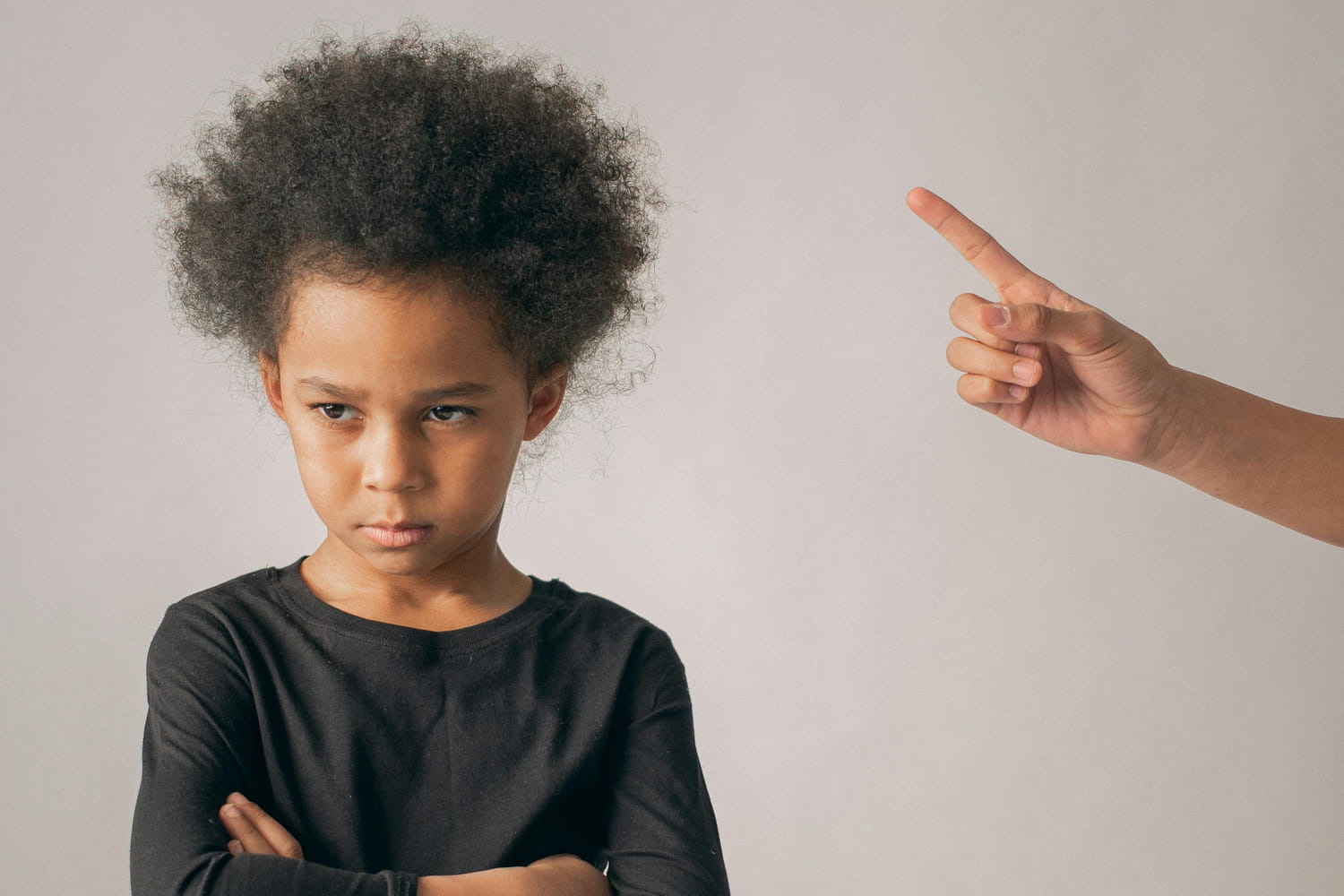Faced with certain reactions of children which seem unacceptable, punishment seems to be the logical reflex. However, in a specific case, it would be a mistake. Worse: an educational misinterpretation.
Raphi is eight years old. For several weeks, he has returned from increasingly tense school. In the courtyard, another student harass him. He follows him, provokes him, steals his business. He goes so far as to scribble his books. At home, Raphi is starting to get upset for nothing. His mother worries, his father too. Until the day their son cracks. That day, in the courtyard, he exploded. And there, it is no longer Manu, the little persecutor, who is sanctioned. It’s Raphi. He shouted, insulted. And that doesn’t happen.
His mother is then divided between a form of embarrassment in front of his son and the consciousness that all this does not come out of nowhere. For Laurie Gozlan, specialist in emotional education and followed on Instagram under the account @_petit_deverira_grand_, this type of parental reaction is very common. When a child gets angry, it is not a whim or an attack on adults. It is often a way of saying that something is wrong. According to her, punishing at that time amounts to stifling the only tool that the child has to make it understand. Worse: it amounts to teaching him not to defend himself. To no longer react. To be silent.
What Laurie Gozlan offers instead is to listen and speak. “There is a sentence that I often recommend to parents, because it changes everything: ‘I do not endorse what you did, but I understand why you did it, and I am not angry.” This nuance changes the situation. It authorizes the child to exist in what he feels, while helping him to set limits to what he does. Anger, she says, can become a lever. “It is a powerful energy, which protects. It arises when you are injured, when you feel that what is happening is unfair. The child who feels it expresses something very deep: its dignity.”
In the case of Raphi, the school failed to hear this dignity. She saw a child exploding, not a child at the end. And his mother, distraught, almost followed the movement. However, when she talks about it at Laurie Gozlan, another reading is essential. That of a child who, for the first time, dared to say no. Awkwardly, of course. But clearly. “I am proud of you, because finally, I see that you understand your value”, Offers the expert as an example of what we can say in these moments. “No one has the right to mistreat yourself, or disrespect yourself.” The objective is not to let a child respond to everything through violence, but to teach him that his emotions make sense. In this sense, anger should never be punished.
Laurie Gozlan offers games and dialogues to channel this force and do something constructive. She speaks of “confidence”, “vital impulse”, “self -respect”. No “good conduct” or “suitable behavior”. It is a question of helping a child not to lose contact with what allows him to feel safe.


